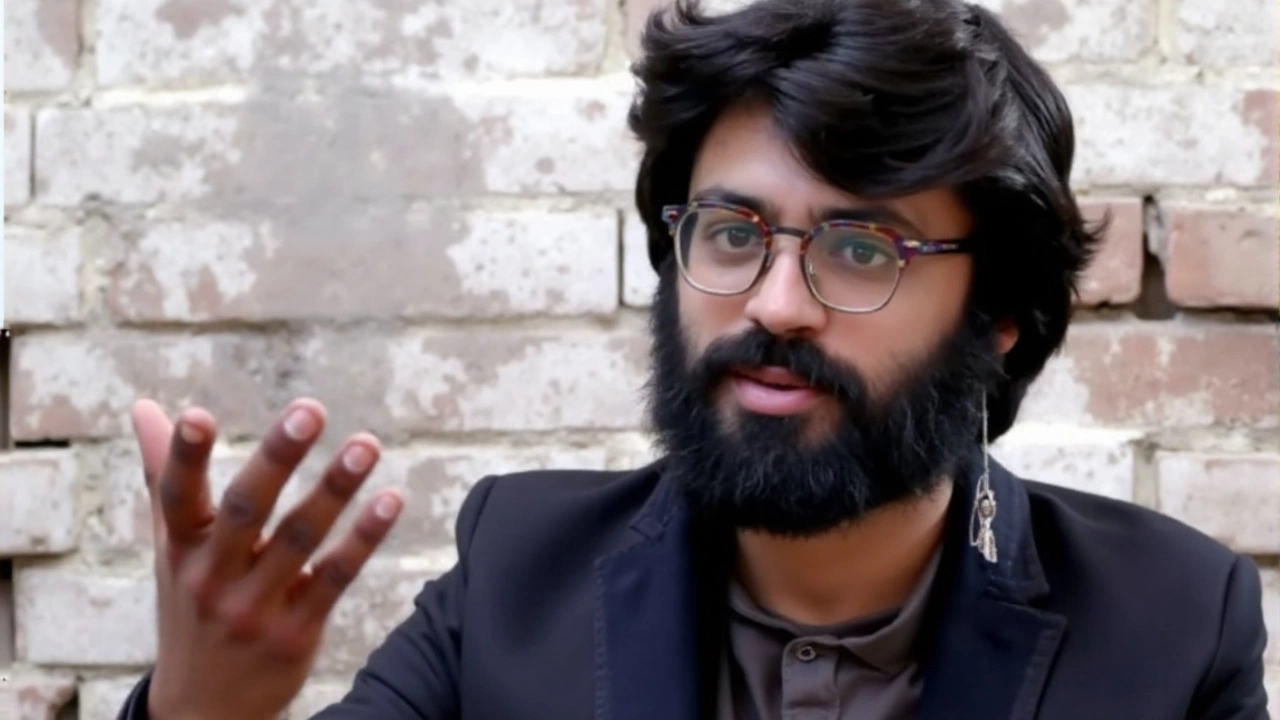UAPA Explained: What It Is and Why It Still Matters
Ever heard of UAPA and wondered what the buzz is about? It stands for the Unlawful Activities (Prevention) Act, a law first passed in 1967 to stop terrorism and subversive activities in India. Over the years it’s been tweaked a lot, and today it’s one of the most talked‑about pieces of legislation when you see headlines about protests, court cases, or political drama.
The basic idea is simple: if someone is suspected of supporting or planning violent actions against the state, the government can use UAPA to investigate, arrest, and prosecute them. What makes it different from ordinary criminal law is how fast the authorities can act and how long a person can be held without a formal charge.
Key Provisions You Should Know
Here are the parts of UAPA that pop up most often in the news:
- Extended detention: Police can keep a suspect for up to 60 days before filing a charge sheet, compared with 30 days for regular crimes.
- Broad definition of ‘terrorism’: Activities that threaten national security, even if they’re not violent, can fall under the act.
- Special courts: Cases go to designated courts that can deliver speedy verdicts, but critics say they lack enough checks.
- Bail restrictions: Getting bail under UAPA is tougher. Courts look at the seriousness of the alleged act and the risk of the accused fleeing.
- Seizure of assets: Property linked to unlawful activities can be frozen or taken away.
These clauses give law‑enforcement a lot of power, which is why human‑rights groups keep an eye on how the act is used.
Recent Headlines Tagged UAPA
Some of the most searched UAPA stories right now involve high‑profile court battles and political fallout. For example, a recent discussion on our site asked whether you can file a case directly in the Supreme Court of India – a question that often comes up when people challenge UAPA orders.
Another hot topic is the opposition’s reaction to a sports‑related controversy that sparked talks about “treachery” and “suspension.” While not a UAPA case itself, the political backlash shows how quickly any high‑stakes event can get tangled with security‑law debates.
And of course, the Supreme Court’s role keeps surfacing. People wonder if the court is the most powerful judicial body on Earth, especially when it decides on the fate of UAPA suspects. Those debates highlight why understanding the act matters for every citizen.
If you’re looking for a quick snapshot of how UAPA affects daily life, remember these takeaways:
- It gives the state a fast track to act against perceived threats.
- It can limit personal freedoms, especially bail and expression.
- Legal experts and activists constantly watch for misuse.
Want to stay updated? Keep an eye on the tag page for fresh posts about Supreme Court rulings, political rallies, and any new amendments. The more you know, the better you can follow the conversation and protect your rights.
In short, UAPA is a powerful tool in India’s security toolkit, but it’s also a source of heated debate. Whether you’re a student, a journalist, or just a curious reader, understanding its core points helps you make sense of the headlines that keep popping up.
Delhi High Court bail verdict: Why Umar Khalid, Sharjeel Imam and 8 others were denied relief in 2020 riots case
The Delhi High Court has rejected bail for Umar Khalid, Sharjeel Imam and eight others in the 2020 Delhi riots conspiracy case, calling the violence premeditated. The accused have been in jail for over five years. The court brushed aside delay arguments, saying a rushed trial would hurt both sides. Sharjeel Imam has moved the Supreme Court, setting up a key test on bail under the UAPA.
